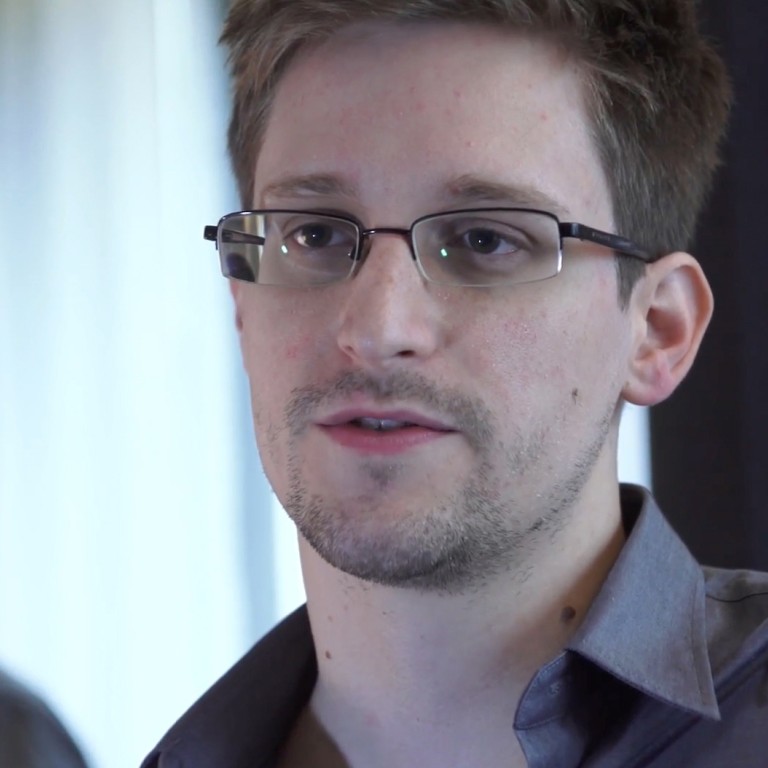
After the Snowden affair, our basic rights still need safeguarding
A year ago this week US whistle-blower Edward Snowden, the source of explosive revelations about Washington's collection of private phone records, e-mails and internet data at home and abroad, broke cover in Hong Kong and gave an exclusive interview to the South China Morning Post.
A year ago this week US whistle-blower Edward Snowden, the source of explosive revelations about Washington's collection of private phone records, e-mails and internet data at home and abroad, broke cover in Hong Kong and gave an exclusive interview to the Snowden's disclosures destroyed any illusions about the sanctity of privacy in the cyberage. The surveillance targets ranged from ordinary citizens to corporations to foreign leaders. The National Security Agency had direct access to the servers of the biggest US tech companies. The programmes included computer-hacking in Hong Kong and China.
That the US (and Britain) have cast a wide intelligence net to prevent terrorist attacks is to be expected, but not the scale, reach and lack of transparency. The revelations keep coming. British multinational Vodafone has revealed that secret wires allow governments to listen to all conversations on its networks in the 29 countries where it operates in Europe and beyond.
Thanks to Snowden there is a greater awareness of government surveillance and data collection. But a year later debate about the privacy implications continues. The US congress has still not passed a bill to curb bulk collection of phone and data records by the NSA. Technology giants have baulked at cooperating because they say late changes by the White House introduced ambiguities capable of abuse.
Debate also continues on whether Snowden is a traitor or a patriot. To be sure, he has broken the law. But he was instrumental in exposés of NSA surveillance in the and the that won a Pulitzer Prize for public service journalism. As a result he is also seen by many as having rendered a service to the nation - as a patriot, in fact. Presidential pardons have gone to less deserving people.
Before Snowden broke cover, Washington had been stepping up criticism of China for cyberhacking. Snowden undercut the US claim to the high moral ground. Having gone quiet until recently, Washington has resumed criticism of state-sponsored hacking for tech commercial secrets. Given its own record, it is hypocritical for the US to accuse China and others of doing something it has done itself on a much larger scale. Snowden's revelations underline the need for safeguards that reconcile basic freedoms with legitimate security concerns. The two big cyberespionage powers should work together to promote an international protocol that strikes a balance.

